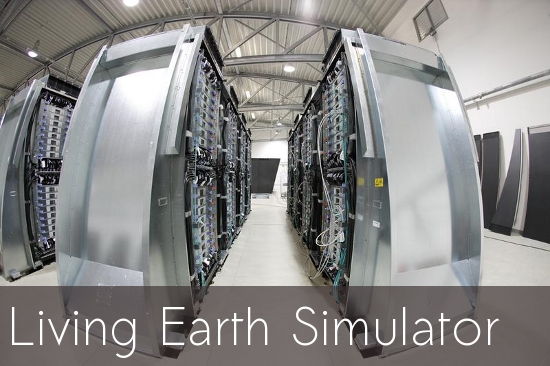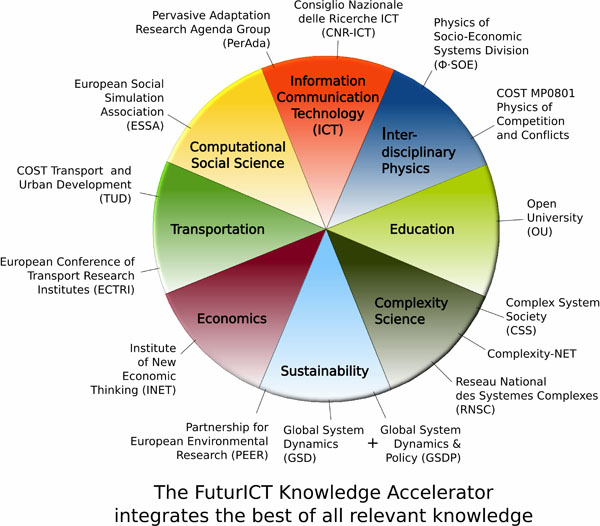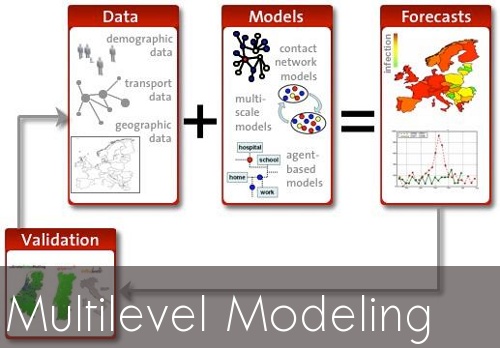| Knowledge Accelerator as Flagship Proposal |
| Monday, 31 January 2011 | |||
|
An ambitious project that sets out to use data mining, modelling and simulation on a massive scale hopes to win funding from the European Commission. FuturICT is one of proposals for the Future & Emerging Technologies (FET) Flagships currently under consideration for funding by the European Commission. It is one of several competing “ambitious large-scale, science-driven, visionary research initiatives” that aim to achieve scientific breakthroughs.
Using "multi-scale computer simulations" FutureICT aims to combine data with models, in order to solve "the grand challenges humanity is facing" such as the spread of diseases, financial and economic instabilities, the occurrence and dynamics of conflicts, mitigating the impacts of environmental change and endeavours to produce a resilient, sustainable world. The idea is to utilize and advance supercomputing facilities and networked systems to create "a new kind of data-rich social science" to guide future policy making.Among the goals are the creation of a Living Earth Visualator. Combining modeling, simulation and visualization of socio-technological, economic and environmental global changes it is intended as "an information translator" to turn "data into information into knowledge".
FutureICT draws on multi-disciplinary projects from many prestigious collaborators. The resulting Knowledge Accelerator is envisaged as a "socio-economic knowledge collider" - a deliberate reference to CERN-type projects reflecting the scale of this research initiative.
Click on image to view This is an ambitious project that has wide-ranging technological implications. According to project co-ordinator, Professor Steven Bishop of University College London: The planetary scale models developed by FuturICT would be not only massive in scale, but also wide in scope, considering the interactions between the social, economic, technological and environmental systems of our world. Such groundbreaking models can only be constructed by pushing ICT systems beyond their current limits and creating a new planetary scale data science. This new science will encompass real-time acquisition, analysis and interpretation of massive volumes of data from sources ranging from mining of the web and social networks through to infrastructure sensors and personal mobile devices. This data will be used to drive and verify the models and simulations at scales previously unattainable. The new data science will also include novel methods for quantitative and qualitative interpretation and visualisation of both raw data and simulation output, to transform this massive scale data into information that humans can understand and act on.
If this proposal for funding is approved it is going to influence the future of massive data analysis as well as giving us the prospect of answers to fundamental social and economic problems.
|
|||
| Last Updated ( Monday, 31 January 2011 ) |



